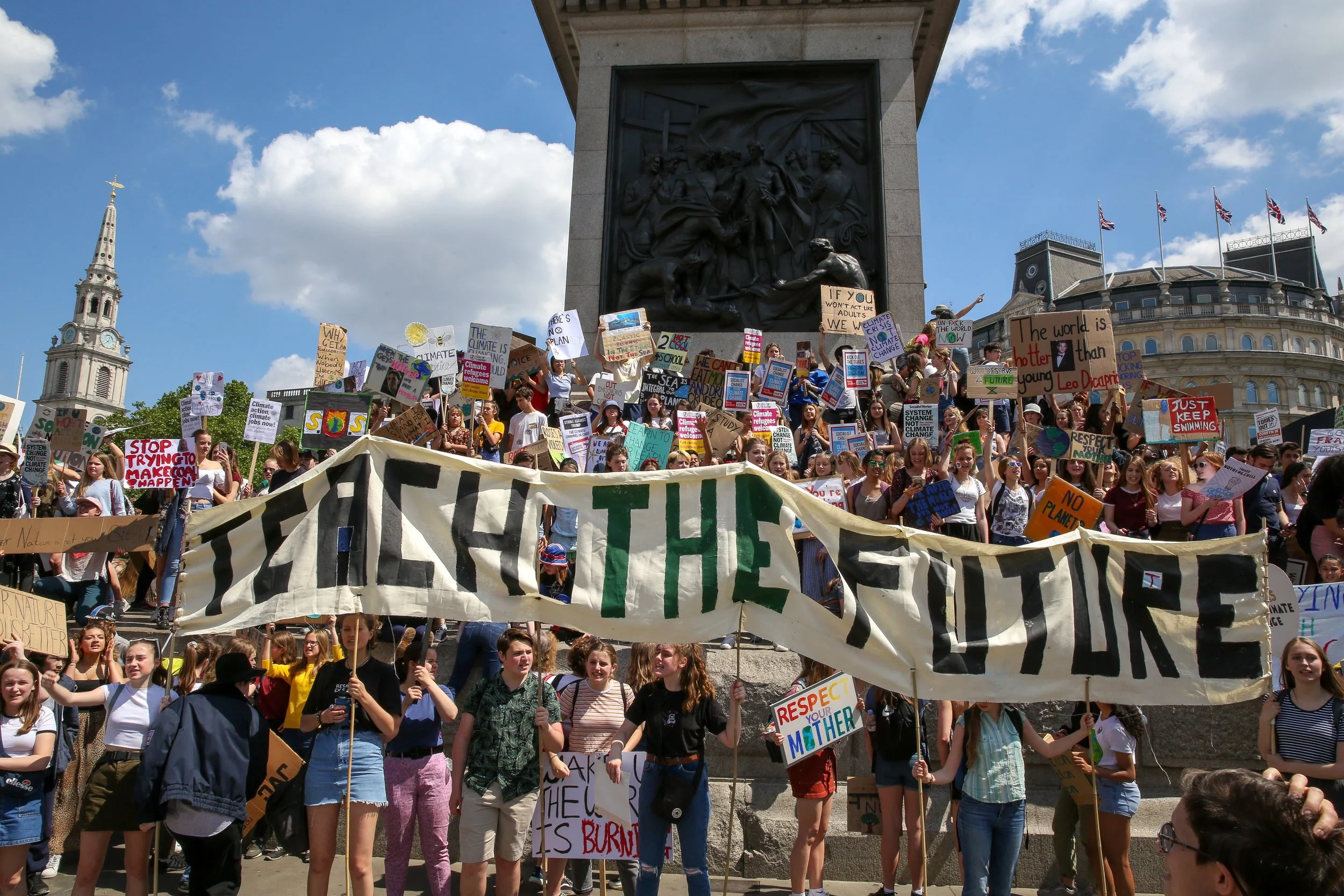This post is part of a series reflecting on the results of the Common Futures Conversations Youth Survey, conducted in January 2019. We asked respondents to consider a list of political issues and select which one they would spend $1 billion on if given the chance — and here is what they said. (Fig.11)
If we divide the responses by continent then issues like climate change, poverty and unemployment gain some traction but, ultimately, education still receives the largest amount of support. (Fig.12)
We asked three of the young people involved in conducting the survey why they thought education was the issue most people would spend $1 billion on. All responses have been edited for clarity.
Wadi Ben-Hirki — Nigeria
I think money can be a solution to gaps in education because it’s a principle means of access. In Nigeria, if you go to school, you must pay fees, and if you go to the hospital, you have pay for medical care. You can’t do anything without money.
Respondents choosing to invest in education, indicates that they prioritize it and I think this is because education is at the centre of many issues. Spending money on education has a circular effect: it links to other priorities such as security, employment and many other issues that we’re trying to solve.
When you fight poverty and unemployment through investing in technical education, you’re also fighting insecurity. Through improving personal security you may also lessen incentives for people to venture into social vices like armed robbery and internet fraud.
Bruno Mourinho — Mozambique
Simply put, I think money is a good solution to faults in education because it provides the basic resources to improve the overall system. Almost everything in an education system is dependent on, and can be improved by, money. For example, in Mozambique, young people are taught the same curriculum that our parents were. The curriculum has not been updated to address the reality of the 21st century and the demands of the new job market. To tackle this, governments can invest in more creative types of education to equip students with real skills that will make them more employable.
Education is also the basis of a successful society and a good system of education will help create a successful economy through fighting poverty, pollution and unemployment.
In cases where the solution to issues are more dependent on people, and not resources and policy, investing in education is especially important. Take for example the issues of pollution and throwing away plastic. The government can’t just say we’re not using plastic anymore. People need to be educated on why throwing plastic in the garbage or on the street is bad and why recycling or using renewable resources is good. It’s more of a question of education and goodwill. But accomplishing this needs to start from the roots — no matter where you are in the world. Education is an essential bottom-up solution.
Nicoleta Prostean — Romania
Education is the core of any society in the world. Many things like employment or crime are just effects, or consequences, of the quality of an education system.
However, investing in education is a long-term project, in that you’re not going to see the effects right away. But, at the end of the process, you’re going to see improvements not only in literacy or education but in employment, social integration, living standards, security and overall the development of society.
Take for example what is currently happening in Romania. We just had elections where we chose our representatives in the EU elections. There were, as never before, a lot of people who voted — voter turnout was around 50 per cent which was a direct consequence of a better education over the past few years. But this was also the result of the improved education of the Romanian diaspora living and working abroad. There are now around 4 million Romanians living and working abroad who went to their local Romanian embassies, voted and directly influenced the election outcome at home. Think about how much we could increase voter turnout if we invested in education in Romania itself.
This is the last of six blog posts exploring some of the insights from the 2019 Common Futures Conversations Youth Survey.
Download the full survey results here.
The Common Futures Conversations project is developing an online platform to facilitate dialogue between young people and policymakers in Africa and Europe.



